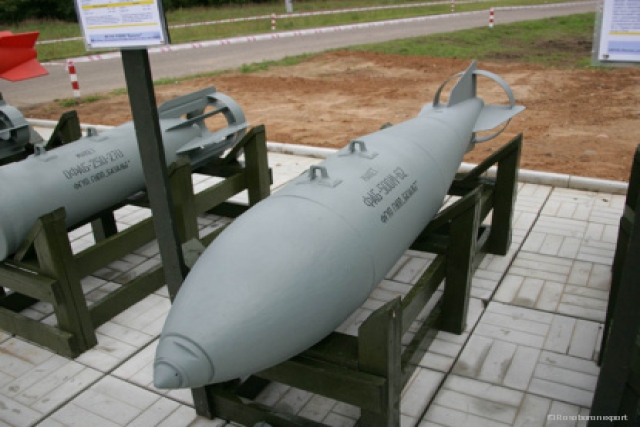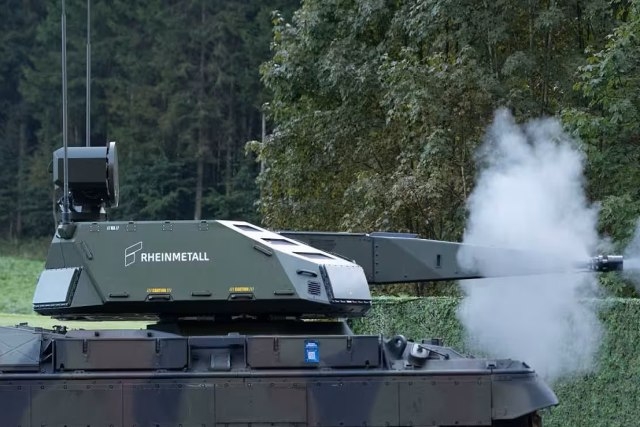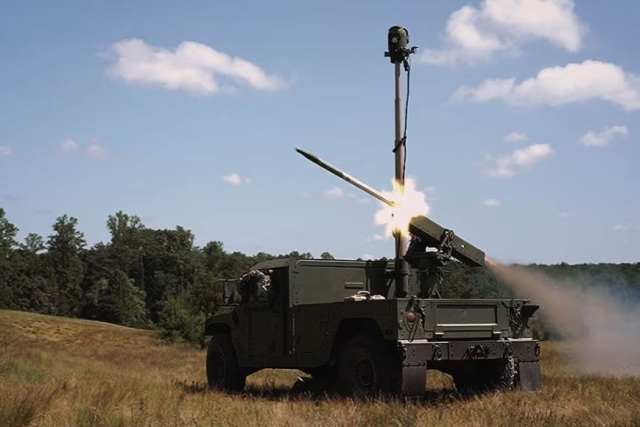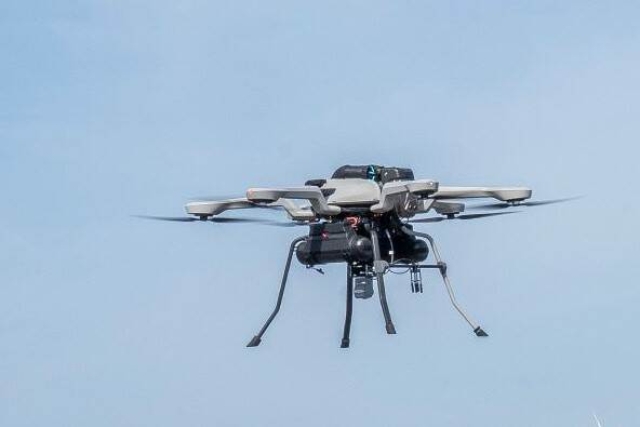Russians Dropped 3500 Guided Bombs on Ukraine This Year
The number of bombs dropped in Ukraine in 2024 so far is 16 times more than in the whole of 2023

The Russian Federation has dropped more than 3,500 aerial bombs on the positions of the Defense Forces of Ukraine since the beginning of 2024.
In an interview with Ukrinform, Deputy Minister of Defense of Ukraine, Lieutenant General Ivan Gavrylyuk, shed light on the escalating onslaught, revealing Russia's calculated intent to maintain battlefield supremacy over an extended period.
Gavrylyuk underscored the exponential surge in aerial bombings compared to the preceding year, with a staggering 16-fold increase witnessed since 2023. Emphasizing the strategic utilization of guided aerial bombs by enemy aircraft across frontline and near-front areas, he depicted a grim reality of relentless attacks on Ukrainian soil.
The Lieutenant General outlined the pivotal role envisaged for F-16 fighters in breaking Russian aerial dominance, thereby bolstering Ukraine's ground capabilities. However, currently, according to him, there are no F-16s yet, and the stock of ammunition of certain nomenclatures is falling to a critical level.
"These and other factors make it difficult for the Defense Forces of Ukraine to fulfill the tasks of repelling the aggressor," Havryliuk said. At the same time, he emphasized that there are high hopes for the adoption of important decisions for Ukraine regarding the provision of new packages of military aid from allies.
Notably, since the advent of 2023, Russian tactics have evolved with the integration of corrected aerial bombs featuring the Universal Planning and Correction Module (UMPK). This transformative apparatus effectively converts conventional free-falling unguided bombs into precision-guided munitions. Initially deployed on modified 250- and 500-kilogram bombs, Russia has swiftly advanced to outfitting larger payloads, including the FAB-1500 and cassette RBK-500, with these modules.
Russian bombers and fighters now reportedly boast the capability to release their payloads equipped with UMPK from distances spanning 40-50 kilometers from the frontline.
The Russian defense ministry has reported fewer attacks with cruise and hypersonic missiles this year compared to last year.













